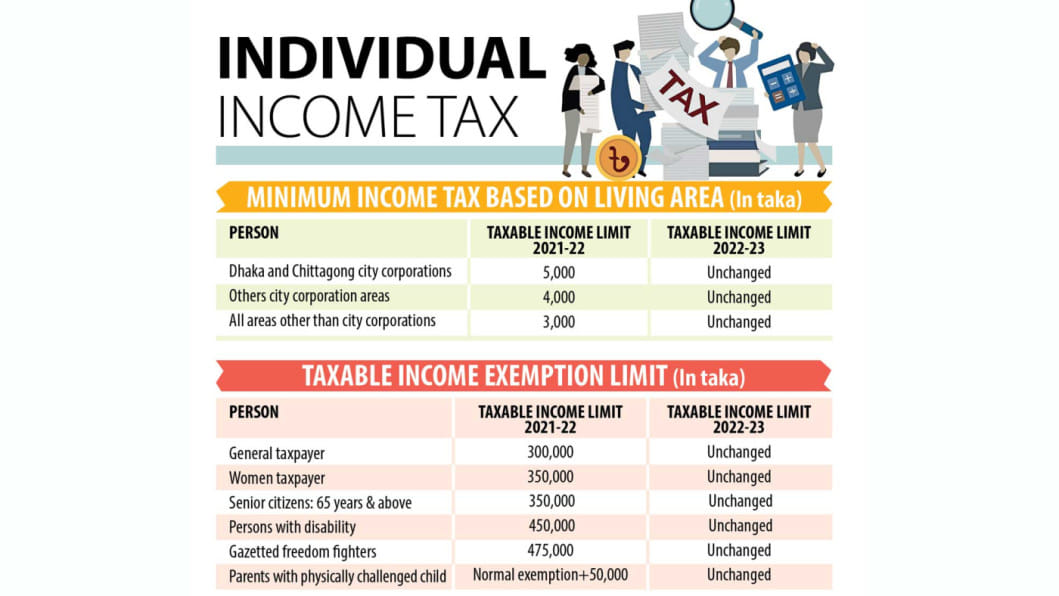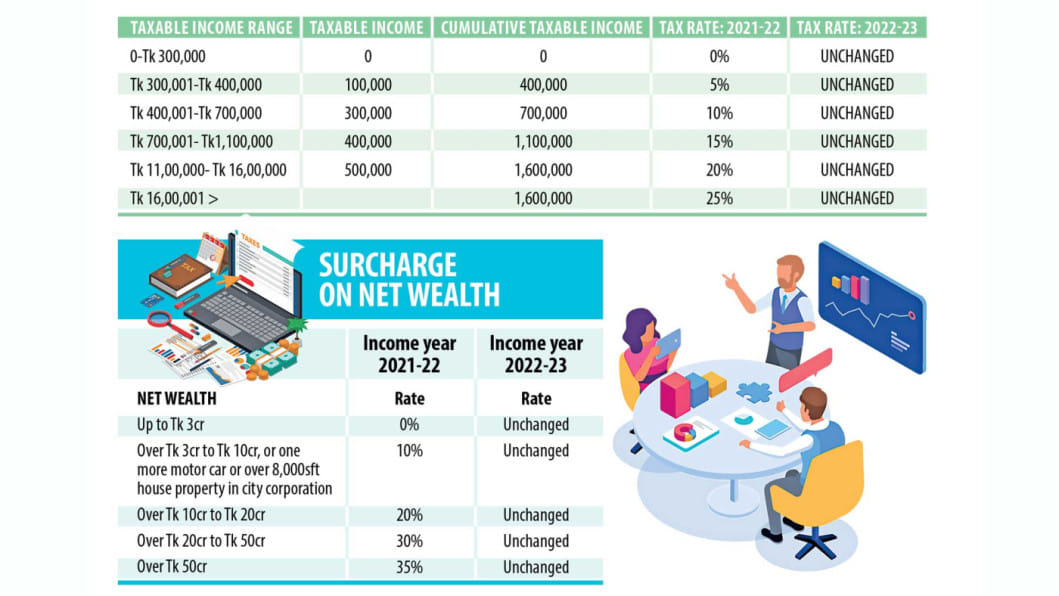Food, Agriculture: A lot of hype, little promised

Amid the Russia-Ukraine war and global food price hike, Finance Minister AHM Mustafa Kamal placed emphasis on boosting food production to ensure food security in the country.
Presenting the budget for the 2022-23 fiscal year in parliament yesterday, the finance mister quoting the World Economic Forum said the world is on the brink of starvation.

"But our government has been watchful since the onset of the pandemic to ensure continuityof agricultural production in the country," he said in his budget speech.
He proposed an allocation of Tk 33,698 crore for food, fisheries and agriculture for the coming fiscal year, which is only 6.2 percent of the total budget. The allocation was Tk 24,345 crore in FY 2021-2022.
However, the finance minister did not mention any new measures for farmers to increase production other than increasing subsidy on fertiliser.
Dr M Asaduzzaman, former research director at Bangladesh Institute of Development Studies, said, "It seems to be a low-key budget. The finance minister did not give us much hope regarding the agricultural sector."
He added, "He [finance minister] should have outlined an agricultural growth path in the context of climate change and irrigation water scarcity."
As the price of fertiliser has increased in the international market due to the Russia-Ukraine war, the minister has increased the subsidy for fertiliser to Tk 16,000 crore in the coming fiscal year, a rise of Tk 4,000 crore from 2021-22.
In the previous fiscal year, the subsidy for fertilisers was initially Tk 9,000 crore but that had to increase to Tk 12,000 crore as the price of fertiliser in May 2022 shot up by 177 percent in the international market.
"We have prioritised farmer welfare by expanding fertiliser subsidies," the finance minister said in parliament.
In addition to providing subsidy to the agriculture sector, the minister mentioned offering incentives and rehabilitation aid to farmers to enhance productivity. However, he did not elaborate.
Like the current FY, the minister proposed a 20 percent cash incentive for exports of agricultural products and a 20 percent rebate on electricity bills for power use in irrigation pumps.
He also proposed disbursement of special agricultural credit at 4 percent for cultivating 24 crops including pulses, oil, spices, and maize in the upcoming financial year, like in the current fiscal year.
He allocated Tk 19,500 crore for this purpose for 30.55 lakh small and marginalised farmers. It is Tk 26,000 crore in the current fiscal year.
The finance minister talked about success in fish and livestock production, but he did not mention other special measures taken in the coming budget for farmers to boost food production.
Mentioning the global food crisis and the pandemic, the minister said the government would distribute 5 lakh tonnes of rice and 5.09 lakh tonnes of wheat flour in the coming year, like they did in the 2021-22 fiscal year.
In the lean season -- namely September-November and March-April -- food assistance of 30 kg of rice each month at the rate of Tk 15 would be provided to 50 lakh low-income households, the minister said.
The government will continue to procure and sell rice and wheat under its management to ensure food security, he added.
He also said the government has set a target of food grain procurement from domestic sources -- 31.15 lakh tonnes -- similar to that of the current fiscal year.
The minister said the government will continue with the fund for managing the shocks of natural disasters with an allocation of Tk 5,000 crore to help low-income people affected by natural disasters.
But he did not mention whether farmers can avail those.

 For all latest news, follow The Daily Star's Google News channel.
For all latest news, follow The Daily Star's Google News channel. 



Comments